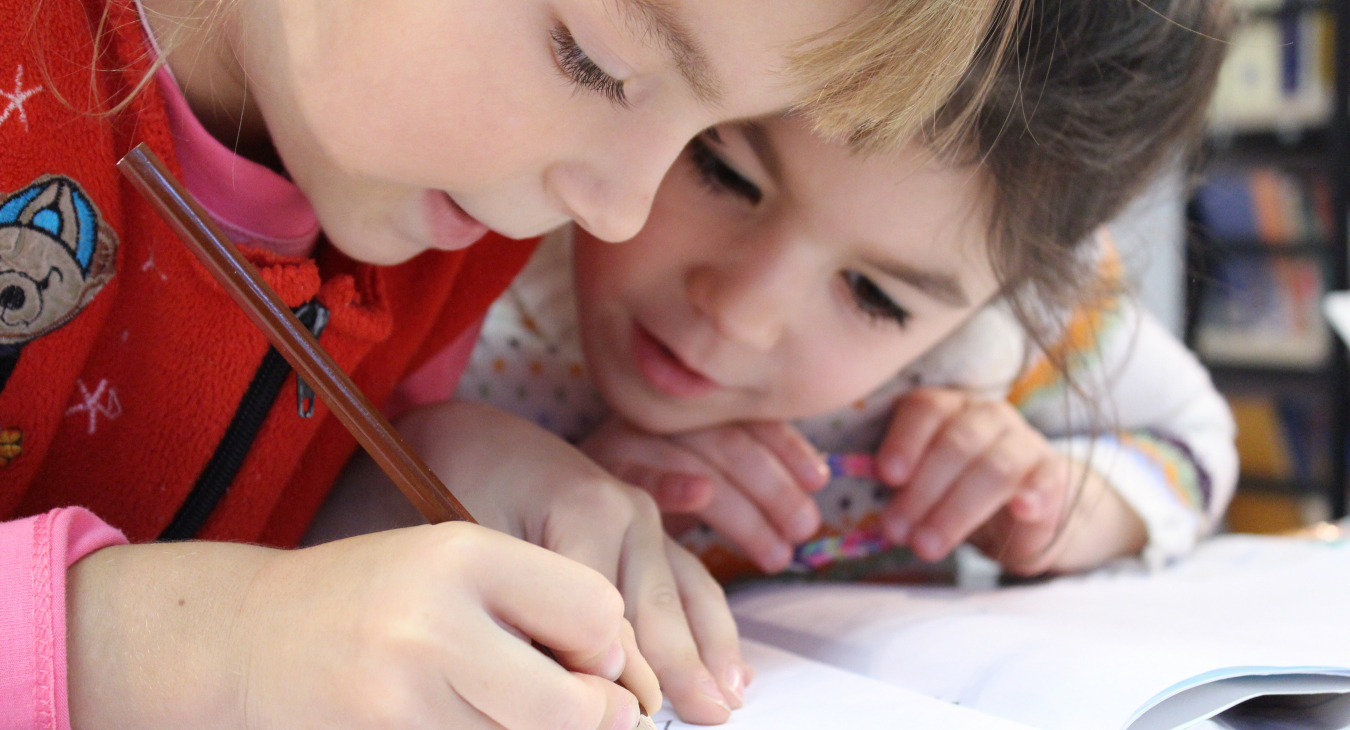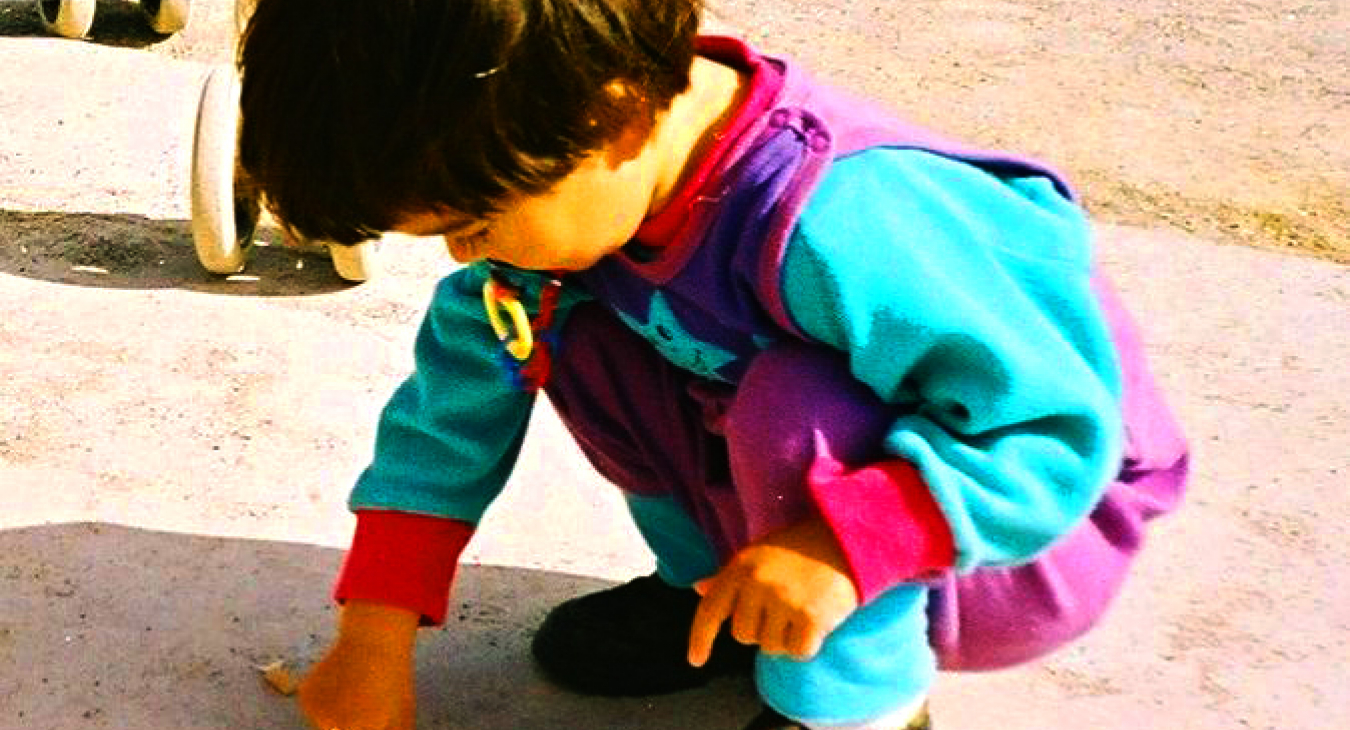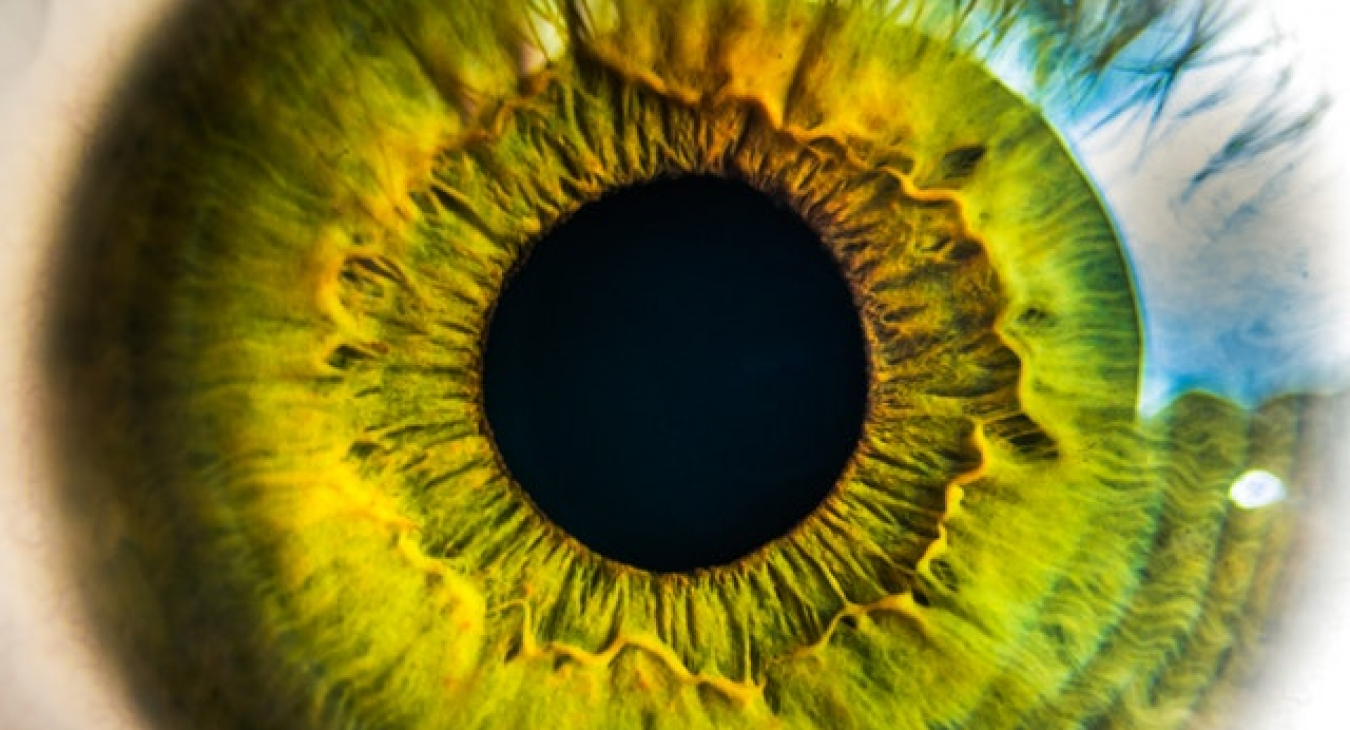Issue 03/2015
Issue 01/2015
Issue 10/2014
Issue 08/2014
Issue 06/2014
Issue 04/2014
Manipulating the body, measuring the body, and tinkering in the name of Psychology
by: Thomas SchubertWord of mouth: How our tongue shapes our preferences, and why you should eat popcorn in the cinema
Grasping the grounded nature of mental simulation
More than meets the eye: Physical sensations influence first impressions
by: Michael SlepianWhat can metaphors tell us about personality?
Seeing mountains in molehills: Embodied visual perception of the environment
by: Shana Cole, Emily BalcetisJudging a book by its cover: Prior knowledge determines the effect of embodied cues.
by: Jesse Chandler










